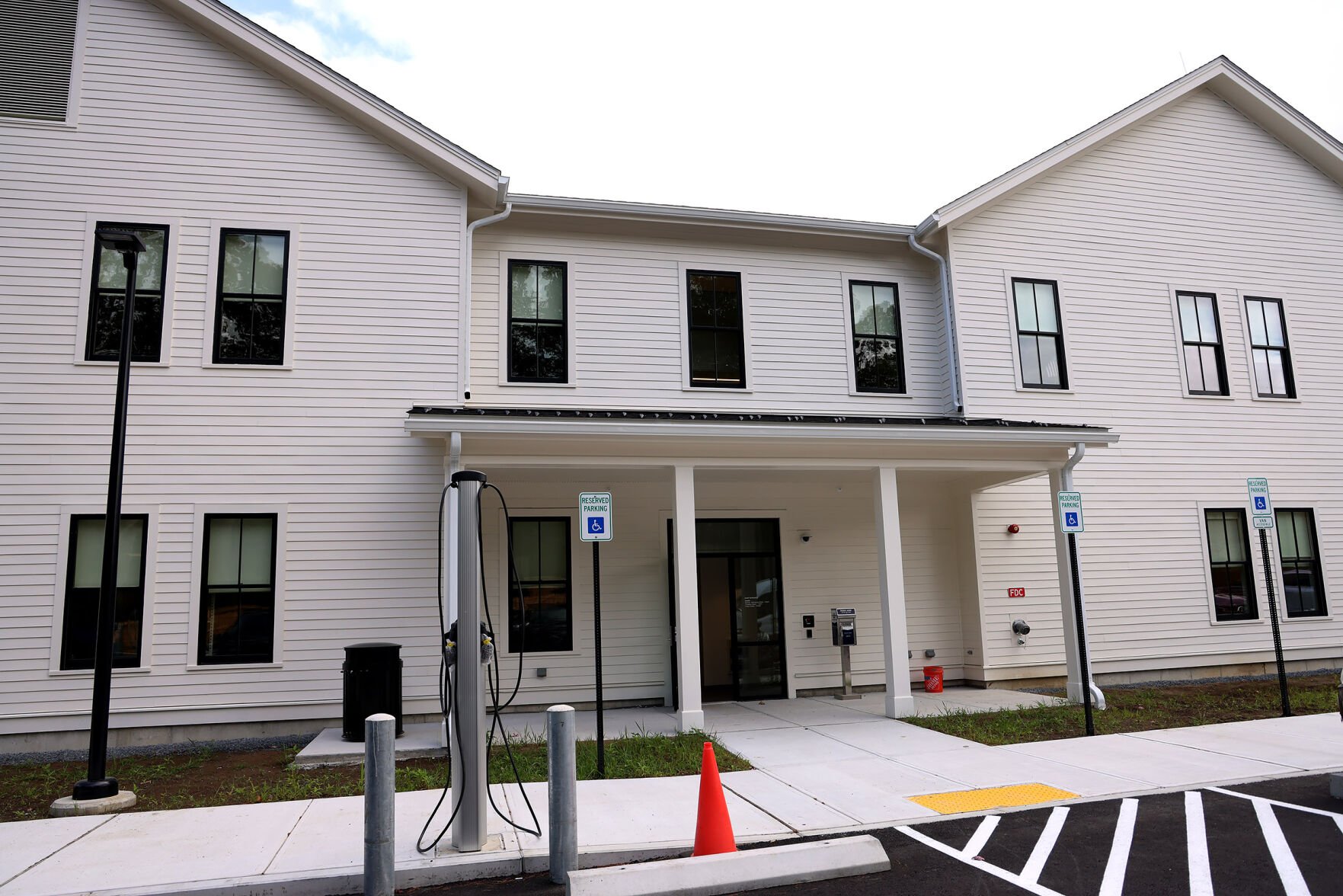Norton’s annual town meeting will feature four critical decisions: how to treat PFAS in local water, whether to upgrade water mains on Elm Street, providing a property tax exemption for disabled veterans and seniors, and lowering the qualifying age from 70 to 65 for that exemption. Attendees will weigh these measures that could significantly affect local infrastructure and tax policies.
Norton voters to decide four key items at Monday’s town meeting

Key Takeaways:
- Norton’s annual town meeting occurs Monday, focusing on local governance.
- One proposal addresses the treatment of PFAS, a known water contaminant.
- Voters will consider upgrading Elm Street water mains.
- Property tax exemptions are on the table for disabled veterans and seniors.
- A measure seeks to lower the qualifying age for these exemptions from 70 to 65.
PFAS Treatment in Focus
Norton’s annual town meeting promises to be a pivotal moment for local residents who are concerned about water quality. One of the four main items on the agenda tackles the issue of PFAS chemicals—substances that have raised health and safety questions in communities across the country.
Upgrading the Water Mains
In addition to PFAS treatment, Elm Street’s water mains are earmarked for a proposed upgrade. Many hope this effort will bolster the town’s infrastructure, ensuring efficient water delivery and reducing the risk of future disruptions.
Expanding Property Tax Exemptions
Another article under consideration involves property tax relief for disabled veterans and seniors. The proposal emphasizes supporting community members who may be on a fixed income or in need of additional financial assistance.
Lowering the Age Threshold
Crucially, a measure seeks to reduce the qualifying age for certain tax exemptions from 70 to 65. If approved, it could expand financial aid to a broader segment of Norton’s aging population, reflecting an effort to ease the burden on older residents.
These four decisions underscore the community-oriented nature of Norton’s annual town meeting. As voters gather Monday, they will weigh each proposal’s potential impacts on water quality, infrastructure, and community support for residents in need.











